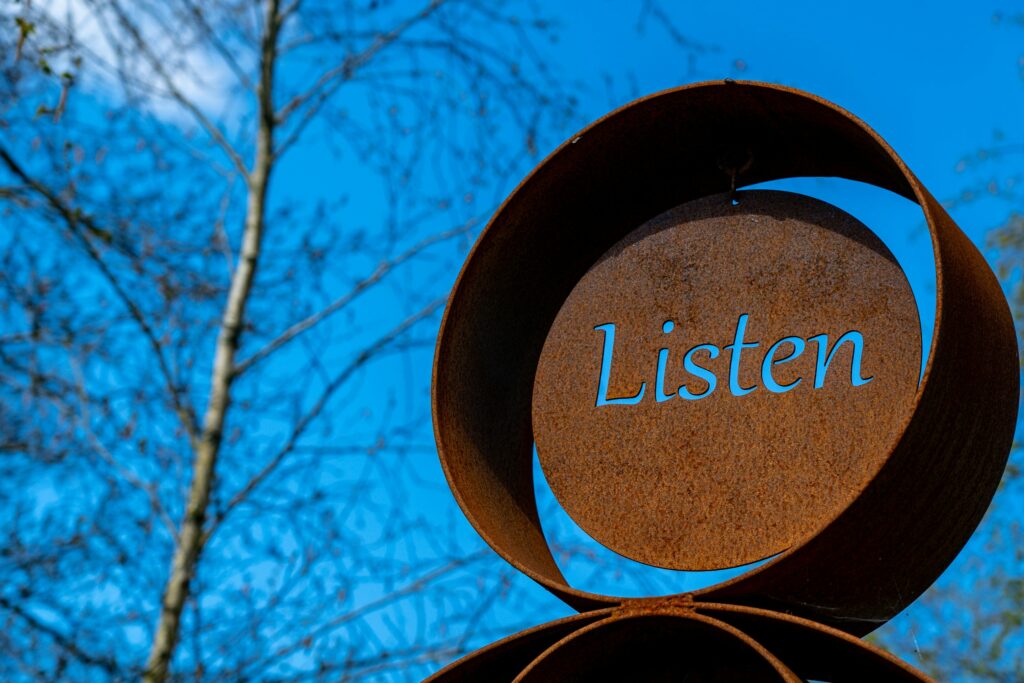
Understanding and listening to your intuition can be a powerful tool for avoiding relationships that could potentially result in disappointment and pain. Embracing your intuition can also help you foster old and new meaningful connections. In light of this, we offer 7 practical tips on how to effectively tune into your intuition.






